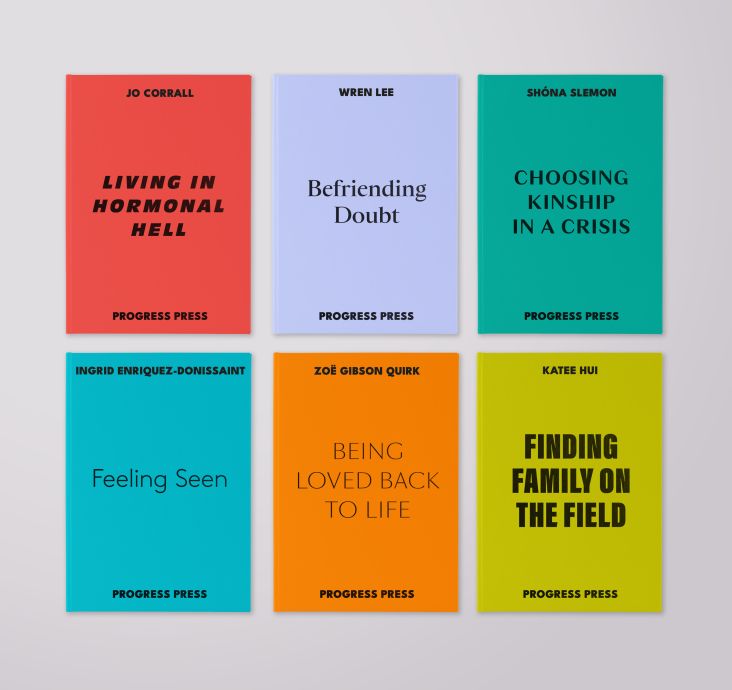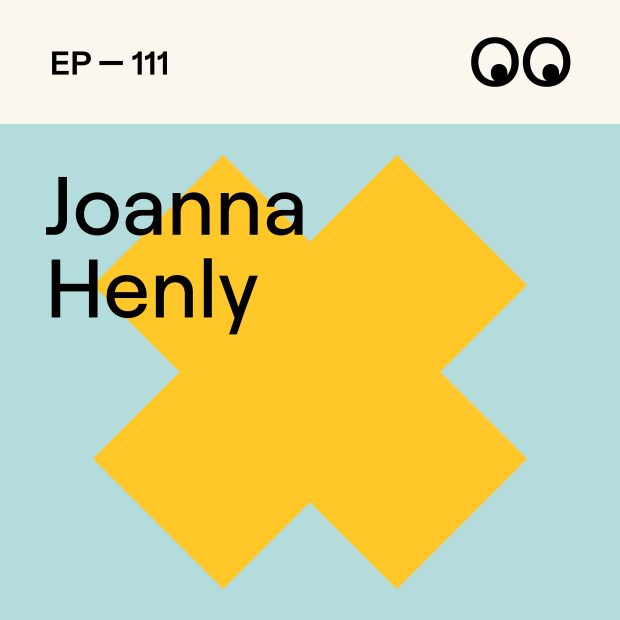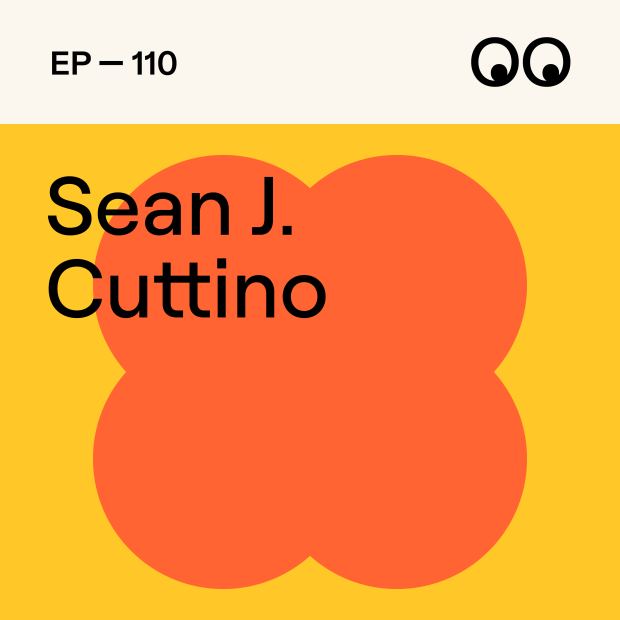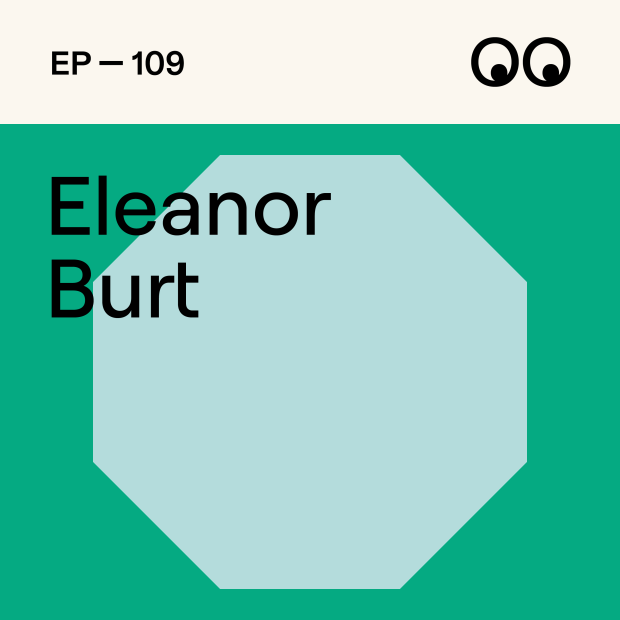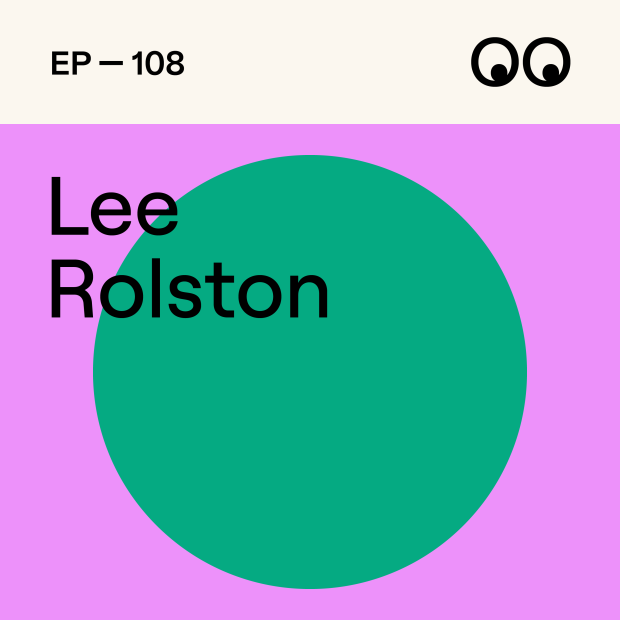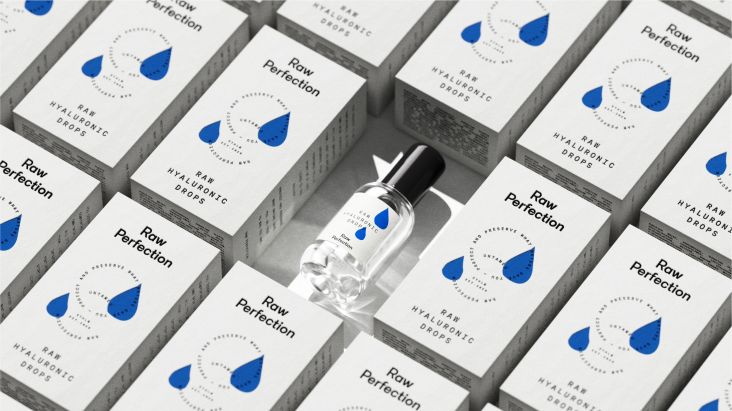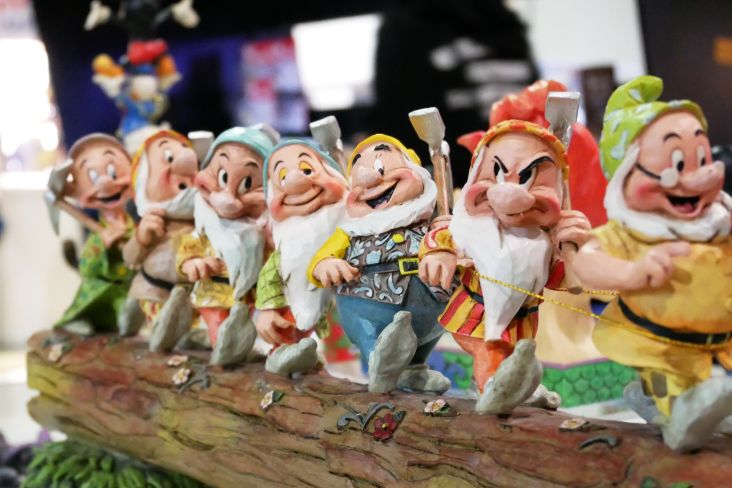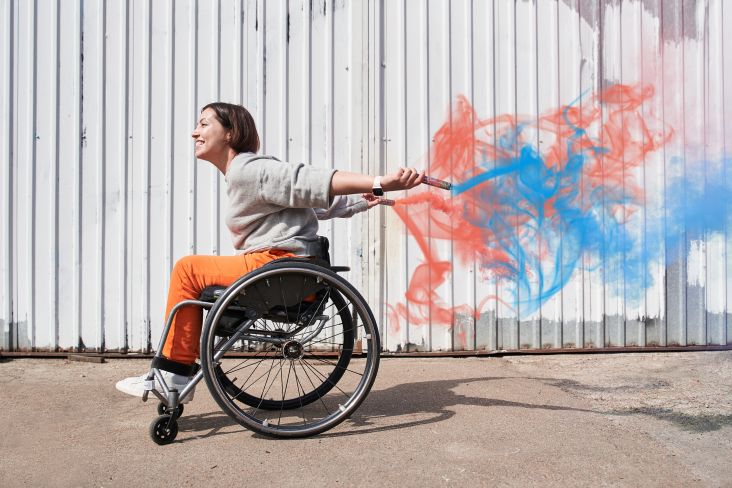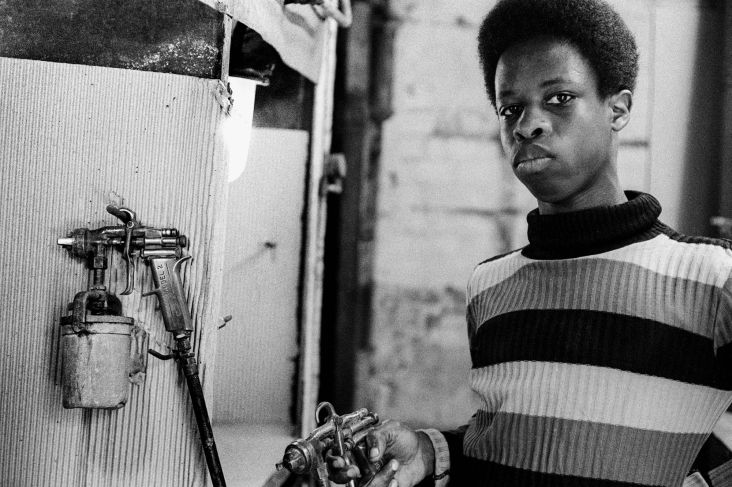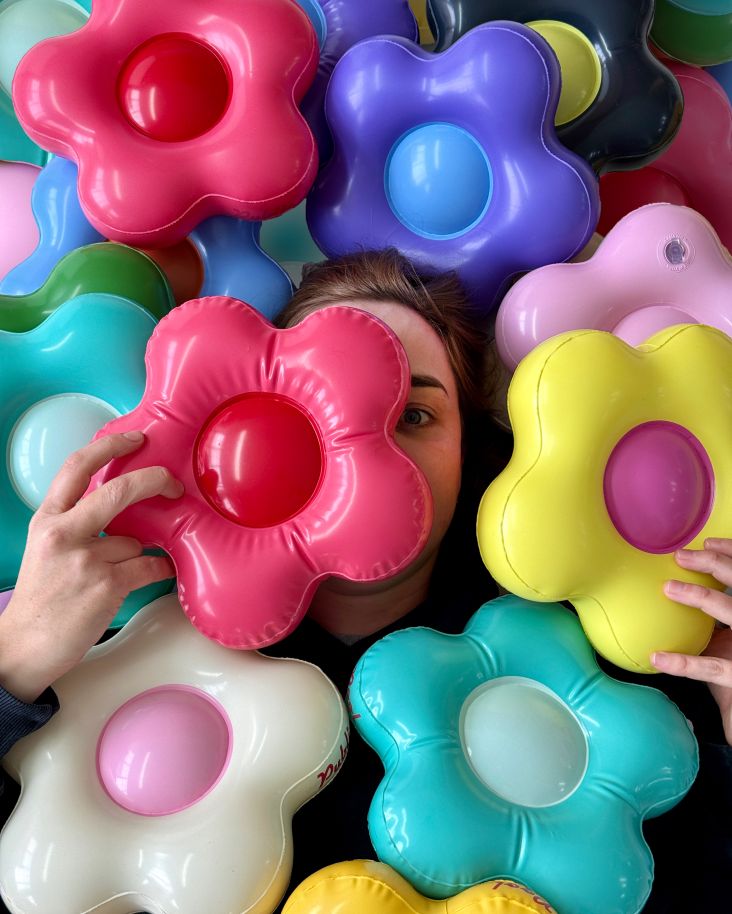The creative's guide to making networking meaningful
If networking isn't working for you, it's time to change things up. We gathered advice from the creative community on how to do this.
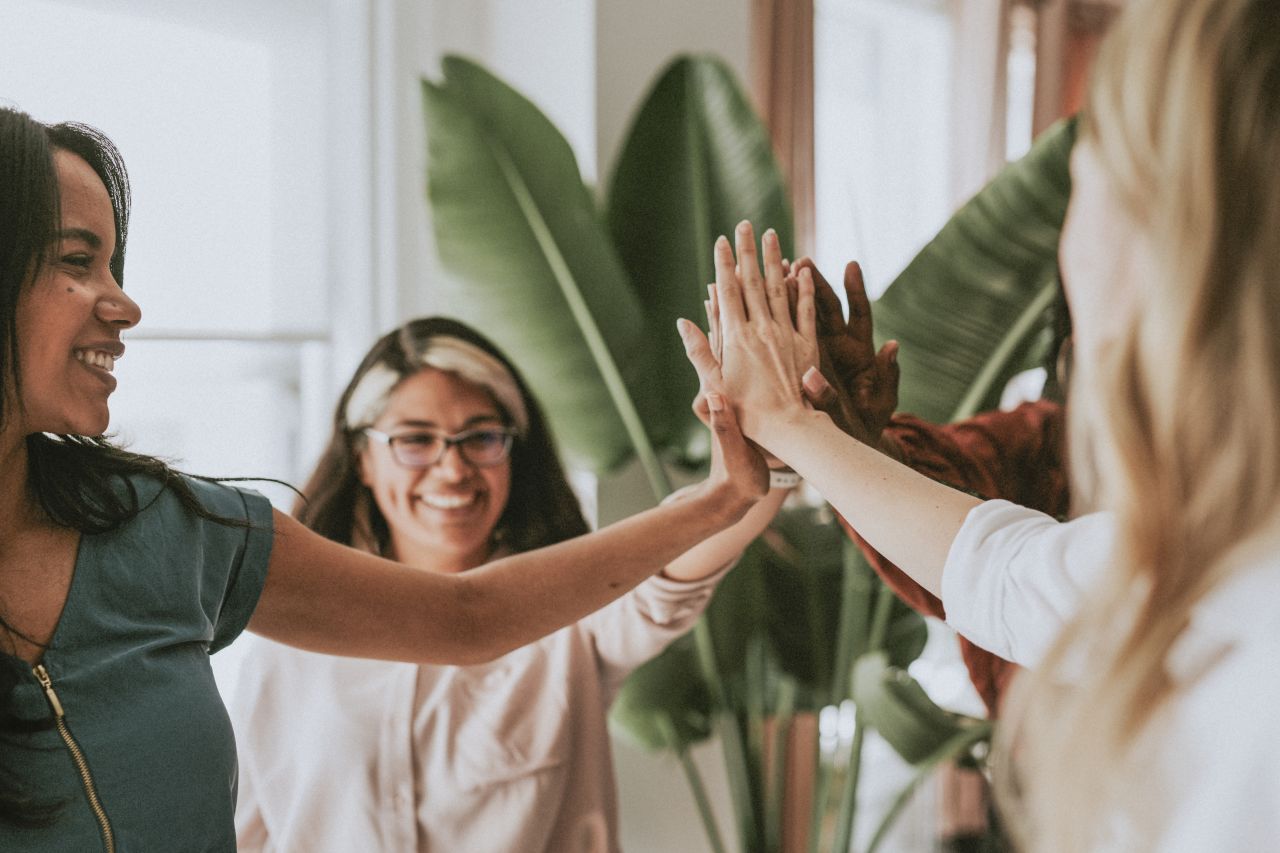
Image licensed via Adobe Stock
Are you short of work or just looking for new and more interesting opportunities? We all know part of the answer is to get out there more and network. But for many of us, the very idea fills us with horror.
Even if you enjoy meeting new people and chatting about your creative work, networking can often feel inauthentic and superficial. Yes, you've had fun at the conference or meetup, especially if booze was involved. But ultimately, it's time you could have been working, and you're not sure exactly what you've gained from it.
If that's the case, then it's time to redefine what it means to network as a creative professional. To move beyond exchanging business cards and making shallow connections, instead focus on building meaningful relationships that fuel personal growth and career advancement.
The limitations of traditional networking
Let's be honest: The idea of schmoozing at industry mixers or blindly adding connections on LinkedIn can feel like a chore, especially for those of us who are introverted. There's a sense that traditional networking tactics prioritise quantity over quality, leaving little room for genuine connection or shared passion.
Moreover, the transient nature of project-based work in the creative field can make it challenging to maintain long-term relationships, often leading to a revolving door of acquaintances rather than a strong support system.
Meaningful networking, in contrast, is about cultivating relationships that go beyond the surface level – connections built on genuine interest, shared values and mutual support. It's about creating a web of relationships that enrich your creative journey, provide diverse perspectives and offer a safety net during challenging times.
So, how do you actually go about this in practice? We asked the Creative Boom community for their advice, and here's what they had to say.
1. Join specialised communities
Not getting much out of generic creative events and meetups? Seek out online forums, workshops or meetups that align with either your specific creative niche or other stuff you're passionate about. That will help you link up with like-minded individuals who share your passions, which can provide a more fertile ground for forming deeper connections.
Artist, designer and photographer Mark Leary offers an example. "Being part of the music scene and talking to another designer at one of my gigs led not only to more work for me but also to my first in-house job," he recalls. "I ended up running the design and production worldwide for the label but building more connections and great friendship groups."
And it's not just real-world events where this can happen. Online networking has recently become a game of diminishing returns for many, with the implosion of Twitter and the increasing amount of noise and abuse on social media. As a result, many have found LinkedIn a place where more productive networking is now taking place, and it's a great place to find people with your interests or specialist niche.
"I always recommend using LinkedIn to creatives, especially those early in their career," says Ross Middleham, creative lead at the Met Office. "It's a fab way to connect with people you admire or want to collaborate with. Every opportunity starts with a conversation."
And remember, your specialised interest doesn't have to be a hobby: it can be anything that's important to you. Illustrator Ollie Hirst offers an unusual example.
"I give my health adversity a purposeful platform," he explains. "I'm a lifelong cardiac pacemaker patient, with a battery in my chest keeping me alive. I've never had a 'normal' body. I have always had a unique relationship with science, health and technology that most will never be exposed to. I aim to use this lived patient experience positively to inform how I approach these topics in commercial areas, extracting the human out of every brief where I can.
"Using this adversity in a meaningful way continues to build me a commercial client base in these areas," Ollie adds. "This approach has built me a genuine connection with clients, and they can see and appreciate the value and point of difference I can bring them."
2. Shed your expectations
Along with changing the place where you network, it's always worth changing your mindset. Too many creatives see networking as a transactional thing: "What can you do for me?" But that's too reductive.
You'll get more out of networking in the long term if you approach it with a mindset of curiosity and interest in others' work and creative journeys. So ask thoughtful questions, actively listen and engage in substantive conversations that go beyond small talk.
That's exactly the approach that Nick Pattison, a designer at Primary, has been taking. "This year, I started having calls with five new people per week," he explains. "And I went into all these meetings without expectations, just to see what interesting people are up to. I think that's the way to do it. It leaves a lot of room for possibility. I can recommend this kind of approach to anyone in our industry.
"View other creatives as collaborators, not competitors, and big things will happen," he adds. "I have met so many incredible creatives and entrepreneurs in a really compounded time, and it's led to multiple collaborations, partnerships and a pipeline of leads."
Designer Jonathan Minori tells a similar tale. "I started using Lunchclub a few years ago as a remedy during lockdown," he explains. "No expectations, just wanted to meet interesting people, and I did. In the process, I met folks who became clients, learned about other industries and shared advice on startup life."
3. Be generous to others
It's easy to forget that networking is a two-way stream. So, rather than focusing on how you can benefit directly, look for opportunities to support others in your network. That might be by sharing their work, providing feedback, or offering encouragement. Do so without immediately expecting anything in return, and you'll invariably find these acts of generosity will organically strengthen your relationships.
It's an approach that's certainly worked for illustrator, author and comic maker Emmeline Pidgen. "Many of my connections have happened as an unintended plus from lifting other creatives and freelancers," she explains. "I think it's really important to support each other."
Often, the smallest acts of kindness can have unexpected consequences. "I got really positive and encouraging feedback from one of my favourite artists recently," says freelance illustrator and visual artist James Ashe. "I'd read a book of theirs, and I emailed them saying it inspired me to start working independently."
And once you've become established, mentorship can be a great way of giving back. "I owe a huge amount to more experienced illustrators who gave me advice, and so I now try to do the same for emerging illustrators or those looking to expand into my specialism of non-fiction publishing," says illustrator and author Jennifer N. R. Smith.
"I think illustrators have more to lose than to gain by having a competitive mindset against other illustrators, at least when it comes to the business side of things," she adds. "Instead, fostering community and transparency strengthens the industry and arguably creates better work for everyone to enjoy."
4. It's not 'one and done'
One of the frustrations of networking is walking away from an event, or even an online interaction, and thinking: "Well, that was a waste of time." But ultimately, that's not a problem with networking; it's a problem with your attitude.
Building meaningful relationships is an ongoing process that requires effort and intention. That means you won't get instant results, but you will over time. Just as long as you regularly check in with your network, celebrate their accomplishments, and be there for them during challenging times. You should also be mindful of boundaries, respect consent when sharing contacts, and gracefully handle any rejection or disinterest that comes your way.
In other words, approach these relationships with authenticity, openness, and a willingness to grow together, and you will benefit – maybe not immediately, but you will.
5. Remember, it's a numbers game
So, how long will it take for your networking to bear fruit? Annoyingly, there's no easy answer.
It's a lot like dating, where, as the saying goes, you have to kiss a lot of frogs to find your prince or princess. So, on the one hand, there are no guarantees that networking will pay off, but on the other hand, anecdotal evidence suggests it always does in the long run.
Take Vicky, an illustrator who goes by the name Vickysworld. "My successes networking have been a bit random," she recalls. "I was doing a craft fair in London about ten years ago, which was going terribly. But then a lady approached me, told me my work was amazing, that her friend was an illustration agent and suggested I get in touch. I'm still with my agent to this day. Although brief, that meeting at a craft fair in Tooting massively helped my confidence and led to better and better-paid commissions."
Freelance illustrator Jason Lyon also stands as a living testament to this approach. "I've always had valuable interactions and relationships ever since the beginning of my career, just through reaching out, listening and taking in their stories and experiences," he explains. "I've had great mentors in the forms of other creatives, ADs, and agents, and I'm forever thankful to them."
6. Organise your own events
Not feeling the networking events you've attended? Then why not organise your own? You don't have to go all-out and hire a massive venue; it's much easier to start small. Gather a small group of fellow creatives who are committed to supporting each other's growth. Regularly meet to discuss challenges, share insights and hold each other accountable to creative goals. Then, see how things progress from there.
"I organised Behance portfolio reviews for creatives in my city and invited the best speakers," recalls graphic artist Olha Protasova. "It brought me a huge number of contacts, many of whom became good friends. Some of the speakers invited me to participate in their projects as an illustrator. It brought me to the next level."
Conclusion
In the creative industry, the strength of your network lies not in its size but in the depth and quality of its connections. By embracing meaningful networking, you'll surround yourself with a community of supportive individuals who share your passion, challenge your perspectives and inspire you to reach new creative heights.
So, it's time to redefine what it means to network as a creative professional and approach it with a mindset of generosity, curiosity, and authenticity. Once you build a network rooted in meaningful relationships, you'll not only advance your career but also enrich your creative journey in ways you never imagined.
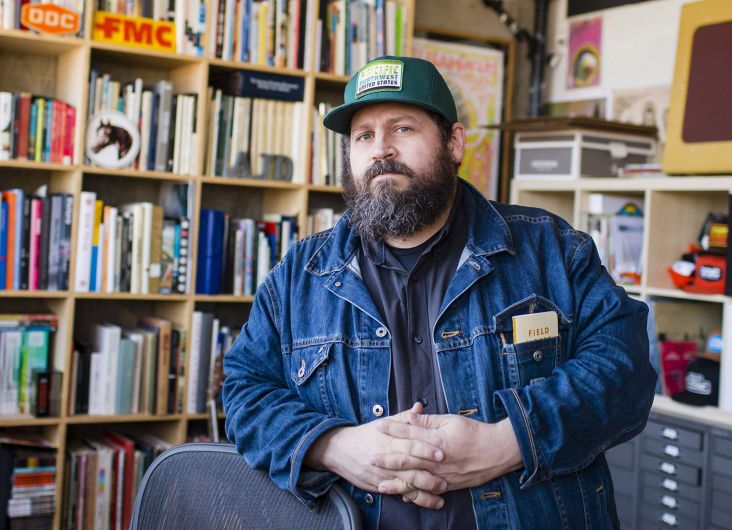

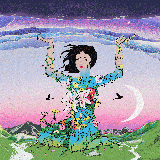
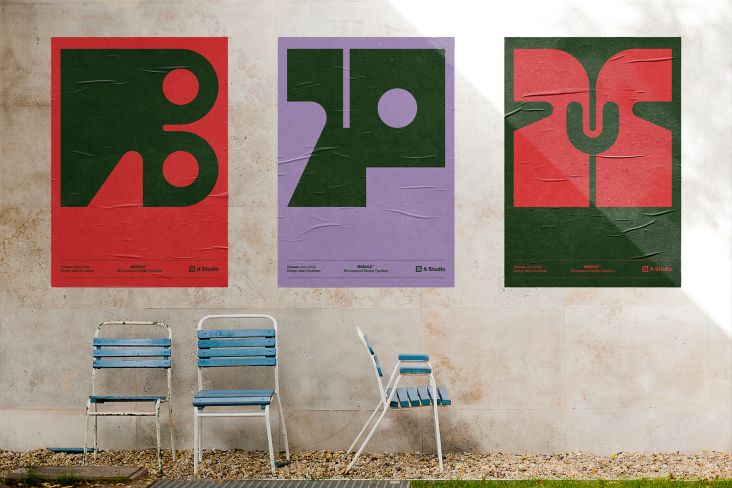
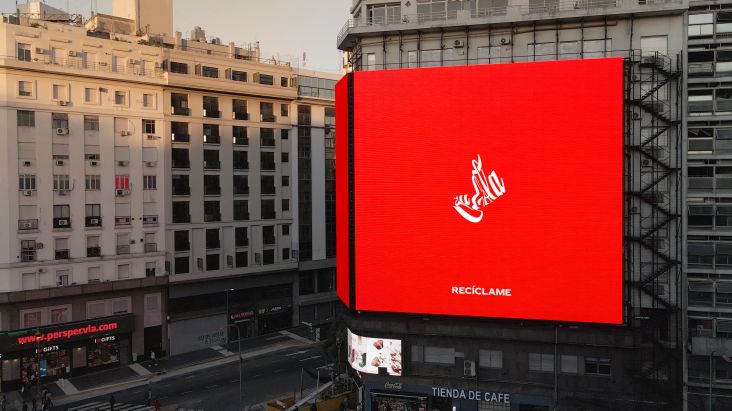
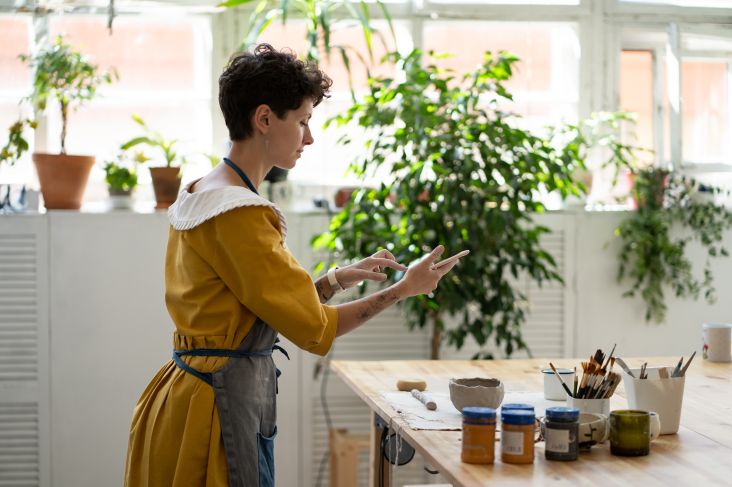
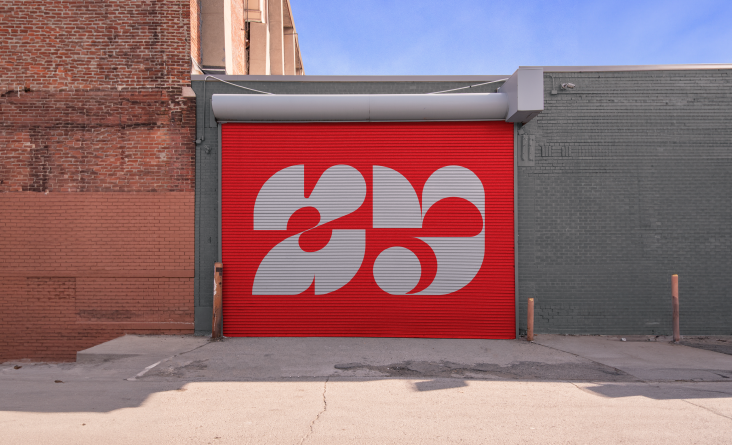
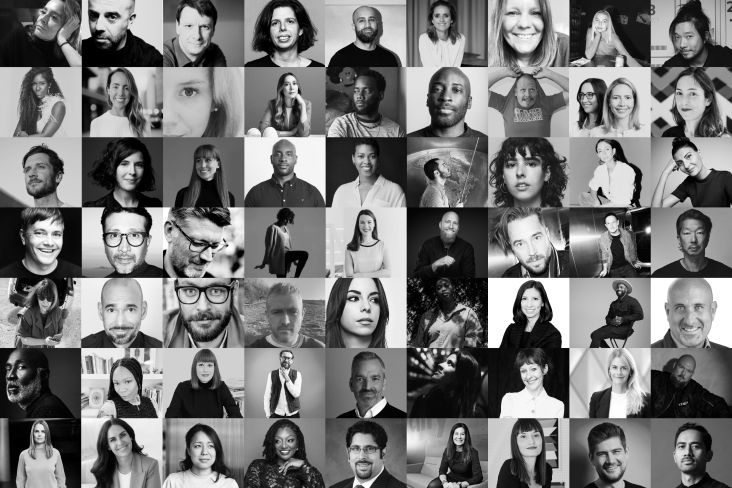
](https://www.creativeboom.com/upload/articles/86/862919952c0ad18439004228895a431dc6e45ffc_732.jpg)
